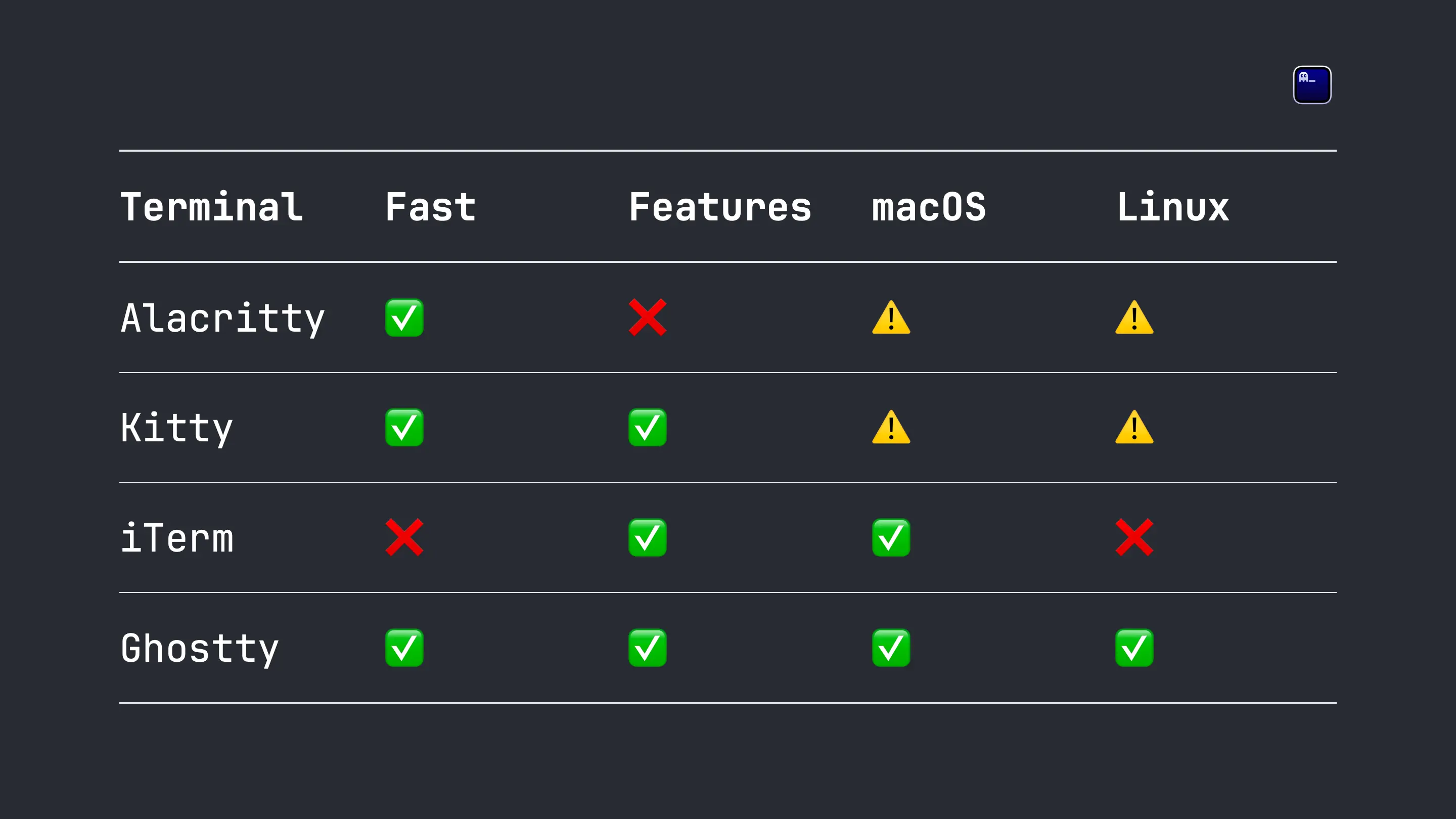Programming
423 readers
4 users here now
Welcome to the main community in programming.dev! Feel free to post anything relating to programming here!
Cross posting is strongly encouraged in the instance. If you feel your post or another person's post makes sense in another community cross post into it.
Hope you enjoy the instance!
Rules
Rules
- Follow the programming.dev instance rules
- Keep content related to programming in some way
- If you're posting long videos try to add in some form of tldr for those who don't want to watch videos
Wormhole
Follow the wormhole through a path of communities !webdev@programming.dev
founded 1 year ago
MODERATORS
27
28
29
30
31
32
33
34
35
36
37
38
39
40
41
42
43
44
54
Python is still the most popular coding language, but challengers are gaining ground
(www.techspot.com)
45
46
47
49
50

